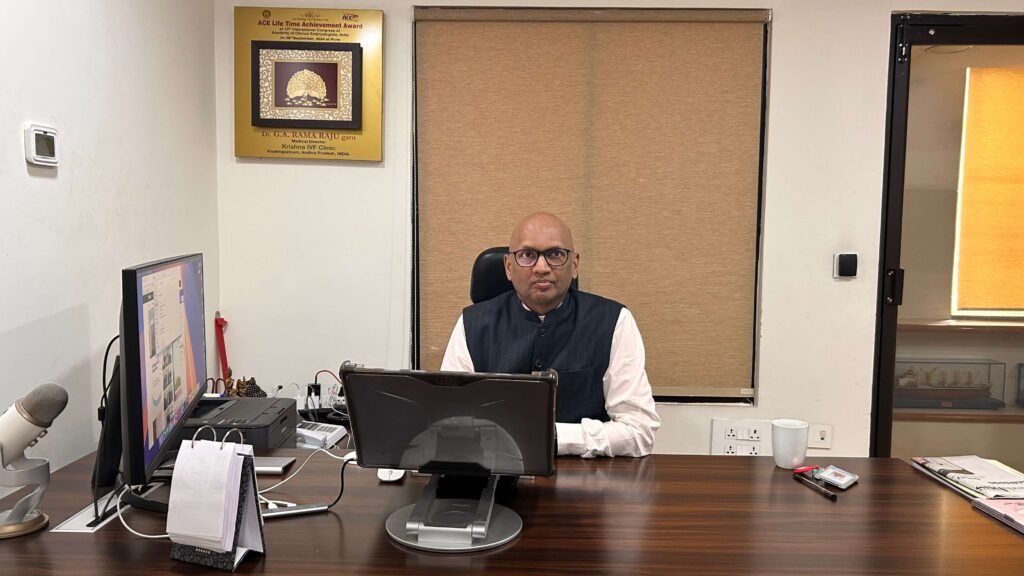Mastering Ovarian Stimulation: A September Deep Dive for SRMC
We’re excited to announce the SRMC Teaching Sessions for September, featuring a critical MCH Schedule focused entirely on the Challenges in Ovarian Stimulation. This month-long series is designed to equip our residents and fellows with the advanced knowledge and practical strategies needed to manage some of the most complex cases in reproductive medicine.

Ovarian stimulation is the cornerstone of assisted reproductive technology (ART), but it comes with a unique set of hurdles. Our September schedule addresses these head-on, from general management problems to specific patient populations.
🗓️ Week-by-Week Breakdown:
Week 1: Challenges in Ovarian Stimulation
We kick off the month with a broad yet essential review of the common and uncommon obstacles faced during ovarian stimulation cycles. This session will cover topics such as:
- • Predicting and managing Ovarian Hyperstimulation Syndrome (OHSS).
- • Handling suboptimal follicular growth patterns and asynchronous development.
- • Adjusting protocols based on unexpected hormonal fluctuations.
- • The role of various adjuncts and novel therapies.
Week 2: Stimulation in the Poor Responder
Managing the Poor Ovarian Responder (POR) remains one of the greatest frustrations in ART. This dedicated session will delve into evidence-based approaches for this challenging group. We’ll explore:
- • The Bologna and POSEIDON criteria for defining a poor responder.
- • Comparing and contrasting different stimulation protocols (e.g., microdose flare, antagonist with high-dose gonadotropins, modified natural cycles).
- • The use of adjuvants like DHEA, CoQ10, and growth hormone.
- • Counselling and managing patient expectations in this sensitive area.
Week 3: Ovarian Stimulation in SLE
This is a high-yield topic focusing on the complexities of stimulating ovaries in patients with Systemic Lupus Erythematosus (SLE). Autoimmune conditions introduce unique risks and considerations. The session will address:
- • Safety protocols regarding the use of glucocorticoids and immunosuppressants during ART.
- • Evaluating the risk of lupus flare-ups associated with hormonal changes.
- • The impact of anti-phospholipid antibodies (APLAs) on cycle outcomes.
- • Optimizing stimulation protocols to achieve success while prioritizing maternal health.
Week 4: Stimulation for Female Cancer Patients (Fertility Preservation)
The month concludes with a crucial session on Oncofertility, focusing specifically on ovarian stimulation for fertility preservation in female cancer patients. Time is often of the essence, and maximizing egg/embryo yield before gonadotoxic treatment is paramount. Topics include:
- • Random start ovarian stimulation and its utility in urgent cases.
- • The use of Letrozole in estrogen-sensitive cancers (e.g., breast cancer) to minimize peak estrogen levels.
- • Coordinating stimulation with oncology treatment timelines.
- • Ethical and legal considerations in fertility preservation.
